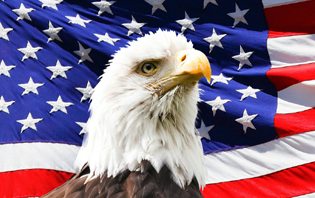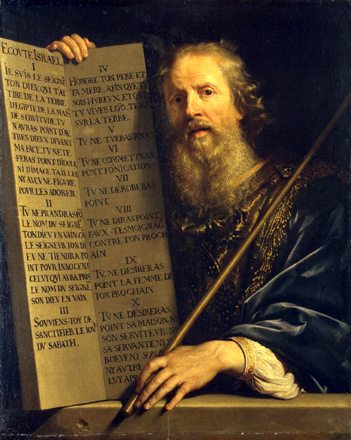 To those Americans concerned about the moral state of the nation, the immediate reaction to the November 8 elections was one of enormous relief. It was as if a colossal amount of pressure was suddenly released. There was the thrill of something entirely unexpected. People were overjoyed beyond words.
To those Americans concerned about the moral state of the nation, the immediate reaction to the November 8 elections was one of enormous relief. It was as if a colossal amount of pressure was suddenly released. There was the thrill of something entirely unexpected. People were overjoyed beyond words.
Adding to the intense drama, there was the sensation that a great danger was taken from our path. We had averted a dead-end situation for which there were no human solutions. We were somehow saved from a terrible calamity that had seemed so imminent.
Two main elements contributed to this perception of inevitable disaster. The first was that so much was at stake—the Supreme Court, anti-abortion laws, socialist big government programs, massive regulations and even the specter of persecution for the Faith. The candidate that represented all these things enjoyed all the prestige of the media and the favor of the pollsters. The foreboding of a sinister outcome could not have been greater.

The second element was the lack of a moral solution proportional to the level of the crisis. Moral conservatives were faced with a candidate that was universally acknowledged as flawed and many considered as merely the lesser of two evils. This was an election of desperation not enthusiasm because the alternative was just too awful to fathom. Significant sectors of the electorate, however, did not feel they could unite around a candidate that did not share many of their values.
And then it happened. A startled electorate watched the results come in and saw the numbers slowly shift in their favor with a sweep of the White House, both houses of Congress, and a record number of state houses.
Analysts are still scrambling to explain the unexpected results of the elections. They point to abstract categories like the blue-collar vote, the white vote or the Catholic vote. For them, all elections are number games and media shows. They believe the outcome depends on who plays the game best and spends the most.
There was, however, another factor outside the game that should not be underestimated. In the face of an impending disaster, many Americans did something that they do not often do in political situations like these. They prayed.
Prayer is not something that can be measured by polls or political observers. And since it cannot be quantified, those without faith treat them as something quaint and childish hardly worthy of consideration. But in an election where all the rules of the game were broken, there is no reason to rule out the influence of prayer. The fact is many Americans did pray in the weeks and days leading up to that fateful November day when the course of the nation was decided.
Not only did they pray, but it appears they prayed hard. All across America, there were prayer vigils, rosaries, novenas and benediction services that were mentioned on social media or announced in church bulletins. Some fasted for the nation. Thousands gathered and prayed in the public square. Others simply poured out their souls to God in almost biblical manner asking for His aid in their moments of affliction. And as is common with such prayers, there was an implicit promise that if we were delivered from this trial, we would turn back to God.
Of course, to suggest that this prayer might have had something to do with the final results of an election is anathema. None dare whisper it for it is so politically incorrect.
But in this election that broke all the rules, why not break one more rule and shout it about? The fact is countless Americans who woke up on the morning of November 9 after the election sensed their prayers had been answered beyond all expectations. They sensed unexplainable Christian joy and hope in seeing a calamity had been averted. They were convinced in the depths of their souls that God had heard their prayers. They were energized by the results, and are determined to turn back to God.
This is not to say that God endorsed the winning candidate (he lost the popular vote) only that He heard the cries of those who were afflicted and found a way to deliver them from a catastrophic future. The victory may have been due much more to those who called it forth with their prayers than the efforts of its flawed victor.

God also did not grant total victory. However, many feel He has given America a great reprieve, a second chance, to get it right with Him.
If we have been given this reprieve, then we should use it to turn back to God. We should keep our part of the bargain and turn back to Him and His law. There is no time to be complacent or delve into purely economic solutions that sidestep the moral crisis in America. The fervent prayers must continue. Above all, we must also make sure our elected officials follow through on their promises of a platform that puts God first and thus will truly make America great.
Indeed, we have a little time, a short reprieve. We would do well to use this time wisely. This election has shown what can be done. If we uphold God’s law, we can count on Him to break all the rules.
